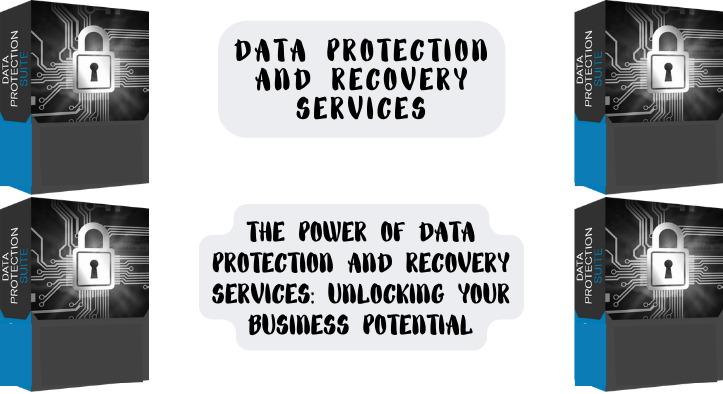The Power of Virtual Server Backup: Safeguarding Critical Data in the Digital Age

The Power of Virtual Server Backup: Safeguarding Critical Data in the Digital Age
In the digital age, data is the lifeblood of any business. Companies rely on their data to make informed decisions, drive growth, and stay competitive. As such, it is essential to protect this data from any potential threats. Virtual server backup is a powerful tool that can help businesses safeguard their critical data and ensure business continuity.
What is Virtual Server Backup?
Virtual server backup is a process of creating a copy of a server’s data and storing it in a secure location. This backup can be used to restore the server in the event of a disaster or data loss. It is an essential part of any business’s data protection strategy.
Benefits of Virtual Server Backup
Virtual server backup offers numerous benefits to businesses, including:
- Data Protection: Virtual server backup helps protect data from any potential threats, such as hardware failure, natural disasters, or malicious attacks. It ensures that businesses can recover their data quickly and easily in the event of a disaster.
- Cost Savings: Virtual server backup can help businesses save money by eliminating the need for expensive hardware and software. It also reduces the need for manual backups, which can be time-consuming and costly.
- Flexibility: Virtual server backup allows businesses to store their data in multiple locations, giving them the flexibility to access their data from anywhere. This makes it easier for businesses to manage their data and keep it secure.
- Scalability: Virtual server backup can be scaled up or down as needed, allowing businesses to adjust their data storage needs as their business grows.
Best Practices for Virtual Server Backup
To ensure that businesses are getting the most out of their virtual server backup, there are a few best practices that should be followed:
- Regular Backups: It is important to create regular backups of the server’s data. This will ensure that businesses have the most up-to-date version of their data in the event of a disaster.
- Secure Storage: Businesses should ensure that their data is stored in a secure location. This will help protect the data from any potential threats.
- Test Restores: Businesses should regularly test their backups to ensure that they are able to restore their data in the event of a disaster. This will help ensure that the backups are working properly.
- Data Encryption: Businesses should encrypt their data to protect it from any potential threats. This will help ensure that the data is secure and cannot be accessed by unauthorized users.
Conclusion
Virtual server backup is a powerful tool that can help businesses protect their critical data and ensure business continuity. It offers numerous benefits, such as data protection, cost savings, flexibility, and scalability. To ensure that businesses are getting the most out of their virtual server backup, it is important to follow best practices such as creating regular backups, storing data securely, testing restores, and encrypting data. By following these best practices, businesses can ensure that their data is safe and secure in the digital age.

